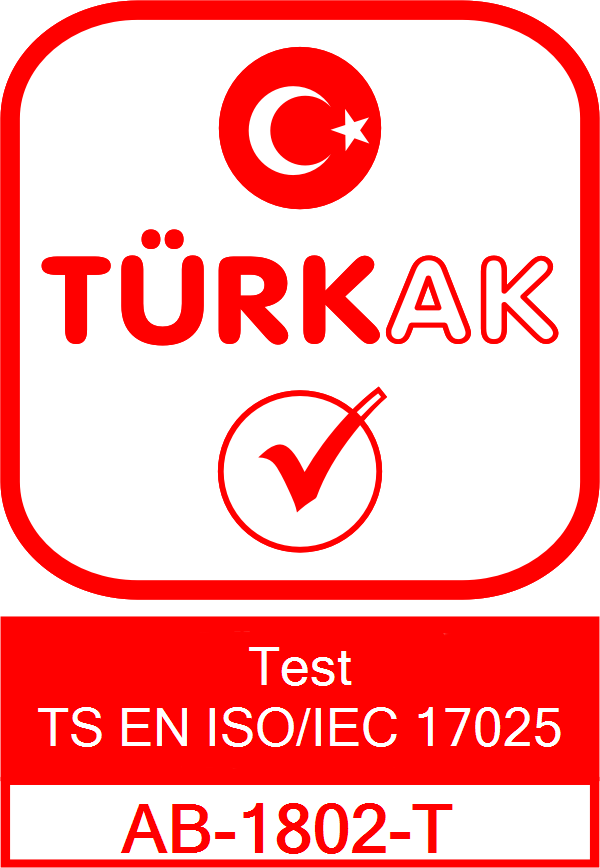
Nonylphenol Analysis: A Critical Step for Eco-Friendly Detergents
Nonylphenol Analysis: A Critical Step for Eco-Friendly Detergents
Contents
Environmental awareness is no longer a trend—it’s a necessity. Consumers and regulators alike are paying closer attention to the chemical composition of cleaning products. One of the most concerning substances is nonylphenol, a toxic compound that can persist in nature. That’s why nonylphenol analysis is crucial for sustainable production and market access. With detergent analysis services at TTS Laboratory, you can confidently ensure your product meets environmental standards.
What is Nonylphenol?
Nonylphenol (NP) is an organic compound used in surfactant production. Its ethoxylated form (NPE) is often found in detergents. NP and NPE are known endocrine disruptors and bioaccumulative in aquatic environments, causing long-term ecological damage.
Why Is Nonylphenol Analysis Important?
- Ensures compliance with EU REACH and global environmental standards
- Supports eco-labeling and green product marketing
- Reduces environmental toxicity and brand risk
- Facilitates international trade and certification
Industries Requiring Nonylphenol Testing
| Industry | Reason for Testing |
|---|---|
| Detergents & Cleaning Agents | To prevent environmental contamination |
| Cosmetics & Personal Care | Due to skin contact risks |
| Textiles & Leather | To avoid pollution from washing residues |
Why It Matters for Detergents
In the past, nonylphenol ethoxylates were commonly used to boost cleaning performance in household and industrial detergents. However, their use is now restricted in many countries. Nonylphenol residues can cause hormonal disruption in aquatic organisms. As a result, manufacturers must include nonylphenol tests in detergent analysis to meet safety standards.
Nonylphenol Testing at TTS Laboratory
At TTS Laboratory, we conduct accurate nonylphenol testing under ISO/IEC 17025 accreditation. Our methods include GC-MS to detect trace levels in various matrices.
- Nonylphenol and Nonylphenol Ethoxylate identification
- Testing in detergents, soaps, and shampoos
- Assessment for REACH and international compliance
Clean Products Start with Responsible Chemistry
Eco-friendly production isn’t just a moral choice—it’s a competitive edge. Reducing harmful chemicals like nonylphenol is essential for protecting nature and public health. With TTS Laboratory’s reliable detergent analysis, you can ensure your products are safe, compliant, and future-ready.
Frequently Asked Questions
Is nonylphenol testing mandatory?
Yes, in the EU and many other countries. It is also recommended for exports from Turkey.
Where can nonylphenol be found?
Detergents, soaps, shampoos, textiles, and industrial cleaning agents may contain it.
How long does the analysis take?
Generally 5–7 business days depending on sample type.
Are TTS Laboratory reports internationally recognized?
Yes. All tests are conducted under ISO/IEC 17025 accreditation and valid worldwide.

